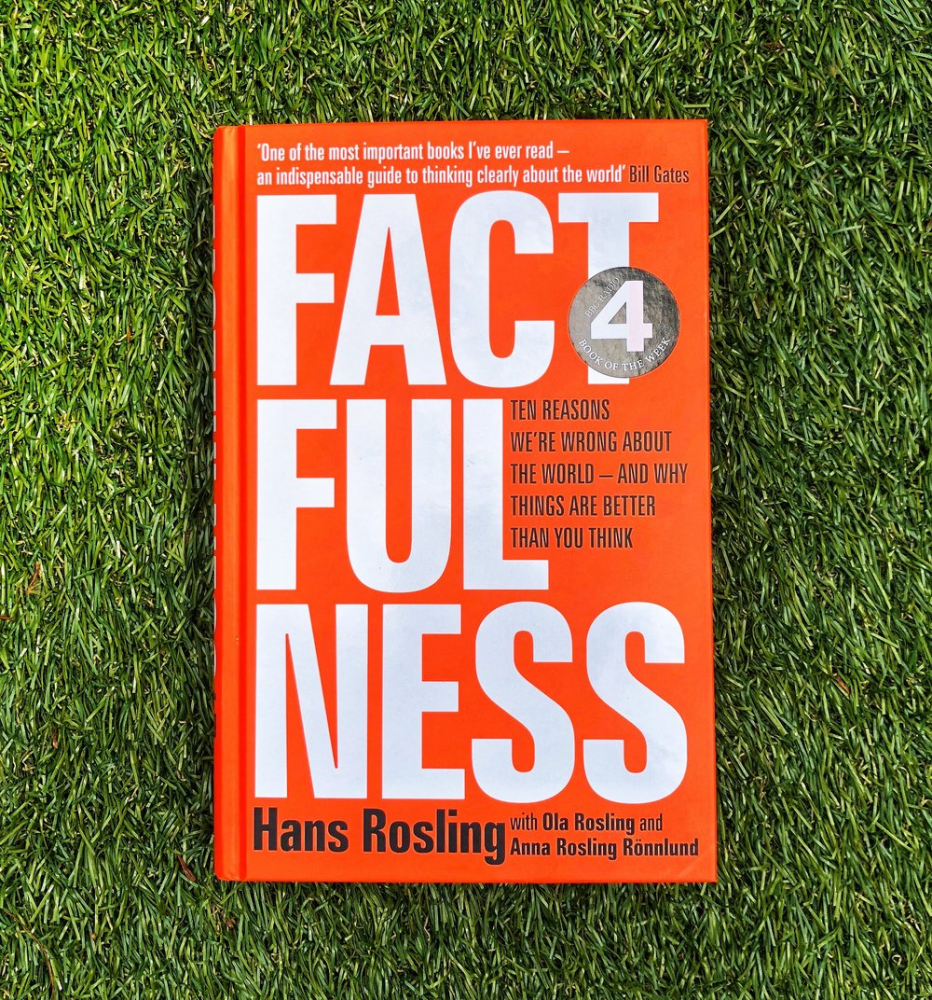Factfulness: Ten Reasons We're Wrong About the World – and Why T

最近正在读Factfulness: Ten Reasons We're Wrong About the World – and Why Things Are Better Than You Think。
“In his book, Rosling suggests the vast majority of human beings are wrong about the state of the world. He shows that his test subjects think the world is poorer, less healthy, and more dangerous than it is. Rosling recommends thinking about the world as divided into four levels based on income brackets. He suggests ten instincts that prevent us from seeing real progress in the world.These are listed as Gap, Negativity, Straight Line, Fear, Size, Generalization, Destiny, Single, Blame, and Urgency. ”
https://en.wikipedia.org/wiki/Factfulness:_Ten_Reasons_We%27re_Wrong_About_the_World--and_Why_Things_Are_Better_Than_You_Think
这本是以数据说话, 作者从数据中来推导,反驳我们的一些错觉。 我觉得他的行文稍许罗嗦,但还是言之有物的。 再有一个体会是,数据本身不一定有意义,分析者的解析推导才赋予其意义。 一样的数据,不同的分析也许可以得出不同的推论。
以我小样本读书印象来看,非文史出身的作者写的书, 鲜明的有自己的职业色彩。
比如物理学家写的书, 比如“Future of the mind”, 字里行间都是宇宙的浩瀚和人类的渺小, 都是哲思。 科学和哲学,会不会就是同枝的双生花呢?
比如医生写的几本书, 字里行间往往是生死的思考, 比如“being mortal”, “When breath becomes air”, 向死而生。
读完后接着写写具体的收获。
